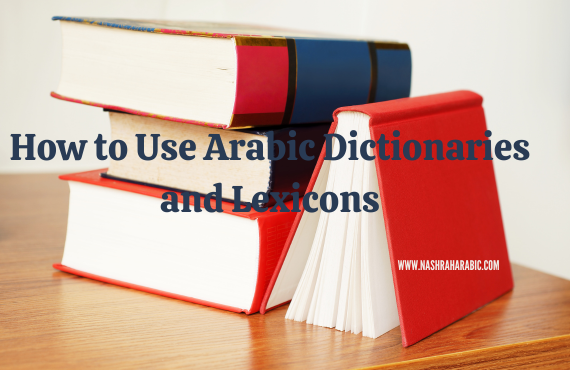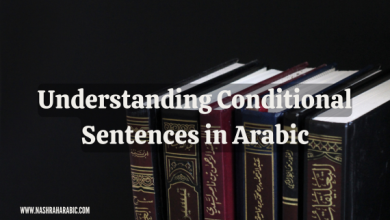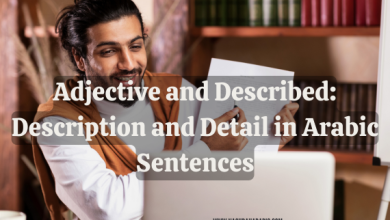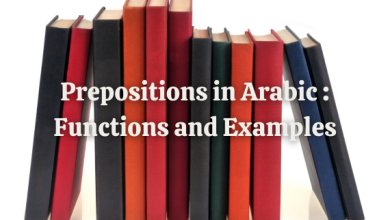Introduction
Have you ever found yourself lost in translation while trying to understand Arabic? Using Arabic dictionaries and lexicons can be your guiding light. Just like a compass for a traveler, a good dictionary helps you navigate the intricacies of a language. This guide will show you how to make the most of Arabic dictionaries and lexicons to improve your language skills and make your learning journey smoother.
Understanding the Importance of Dictionaries
Dictionaries are more than just wordbooks; they are essential tools for mastering arabic and any other language. Think of a dictionary as a treasure chest full of linguistic riches. It provides definitions, usage examples, pronunciation guides, and more. For Arabic learners, dictionaries are crucial because they offer insights into word roots, derivatives, and contextual meanings, which are key to understanding the language deeply.
Types of Arabic Dictionaries
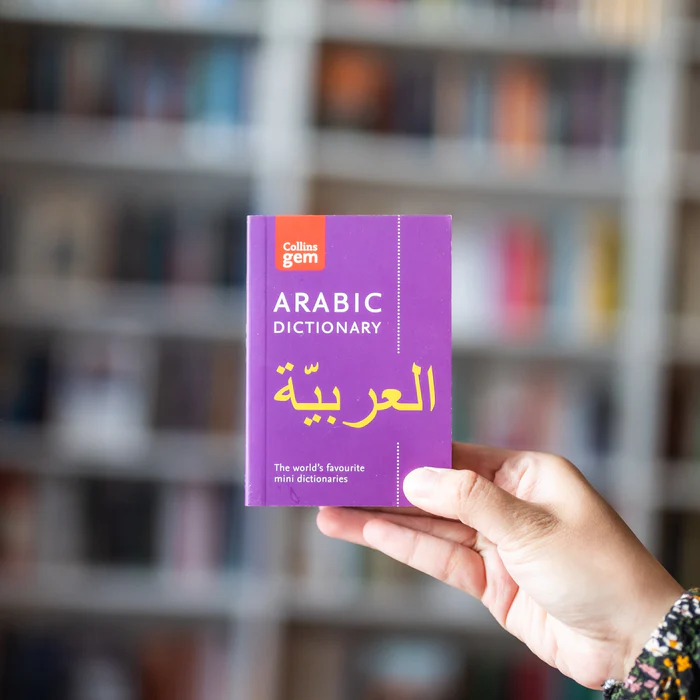
There are various types of Arabic dictionaries, each serving different needs:
Monolingual Dictionaries
These dictionaries provide definitions in Arabic and are ideal for advanced learners. They help you think and understand in Arabic without relying on translations.
Bilingual Dictionaries
Bilingual dictionaries translate Arabic words into another language (e.g., English) and vice versa. They are great for beginners and intermediate learners.
Specialized Dictionaries
These dictionaries focus on specific fields like medical, legal, or technical Arabic. They are useful for professionals needing precise terminology.
How to Choose the Right Dictionary
Choosing the right dictionary depends on your proficiency level and specific needs. For beginners, a bilingual dictionary is often the best start. As you advance, a monolingual dictionary will help you deepen your understanding. Additionally, consider dictionaries that offer audio pronunciations and example sentences.
Getting Started with an Arabic Dictionary
Starting with an Arabic dictionary might feel overwhelming, but it’s easier than it seems. Begin by familiarizing yourself with the dictionary’s structure. Arabic dictionaries are often arranged by root words, so understanding this system is crucial. Practice looking up words regularly to become comfortable with the process.
Exploring Arabic Lexicons
Lexicons are comprehensive dictionaries that provide detailed information about word meanings, etymology, and usage. They are excellent resources for advanced learners and researchers. A good lexicon can illuminate the nuances of Arabic words, much like a magnifying glass brings small details into focus.
Using Online Arabic Dictionaries
Online Arabic dictionaries offer convenience and a wealth of additional features. Websites like Almaany and apps like Google Translate provide instant translations, pronunciation guides, and usage examples. These tools are perfect for quick references and on-the-go learning.
Integrating Dictionaries into Daily Practice
To truly benefit from dictionaries, integrate them into your daily practice. Set aside time each day to look up new words, review definitions, and practice pronunciation. Use dictionaries while reading Arabic texts to understand new vocabulary in context.
Mastering Pronunciation with Dictionaries
Many dictionaries include phonetic transcriptions and audio pronunciations. Use these features to practice and perfect your pronunciation. Listening to native speakers and mimicking their speech can also enhance your pronunciation skills.
Enhancing Vocabulary
A robust vocabulary is the foundation of language proficiency. Use your dictionary to learn new words daily. Create flashcards with the word, its definition, and an example sentence. Regularly review these flashcards to reinforce your memory.
Understanding Grammar with Lexicons
Lexicons often provide detailed grammatical information. Use them to understand how words change form based on tense, gender, and case. This understanding is crucial for constructing accurate sentences and mastering Arabic grammar.
Contextual Usage of Words
Knowing a word’s definition is just the beginning. Understanding how to use it in context is key to fluency. Dictionaries often include example sentences that show the word in use. Study these examples to grasp the word’s connotations and appropriate contexts.
Common Pitfalls to Avoid
Avoid relying solely on translations, as they can sometimes be misleading. Always check the context and usage examples to ensure accurate understanding. Additionally, be aware that some online dictionaries may have errors or outdated information.
Leveraging Mobile Apps for Learning
Mobile apps like Duolingo and Anki offer interactive ways to learn and practice Arabic vocabulary. These apps often incorporate games, quizzes, and flashcards, making learning engaging and effective. Use them alongside traditional dictionaries for a comprehensive approach.
Creating a Study Routine
Consistency is key to mastering any language. Create a study routine that includes regular dictionary use. Dedicate specific times for looking up words, practicing pronunciation, and reviewing vocabulary. A structured routine will ensure steady progress.
Benefits of Consistent Dictionary Use
Consistent use of dictionaries enhances your language skills in multiple ways. It expands your vocabulary, improves your understanding of grammar, and boosts your confidence in using the language. Over time, you’ll find yourself thinking and comprehending in Arabic more naturally.
Conclusion
Using Arabic dictionaries and lexicons effectively is like having a personal language coach by your side. They guide you through the complexities of the language, helping you build a strong foundation and achieve proficiency. Remember, learning a language is a journey, and dictionaries are your faithful companions along the way. Happy learning!
FAQs
1. What are the best Arabic dictionaries for beginners?
For beginners, bilingual dictionaries like Hans Wehr’s Dictionary of Modern Written Arabic and online resources like Google Translate are very useful.
2. How often should I use an Arabic dictionary?
Using a dictionary daily is ideal. Regular practice helps reinforce new vocabulary and ensures consistent progress.
3. Can I rely on online dictionaries alone?
While online dictionaries are convenient, they should be used alongside physical dictionaries and lexicons for comprehensive learning.
4. How can I improve my pronunciation using a dictionary?
Use dictionaries with audio pronunciations and practice mimicking the native speaker. Regular listening and speaking practice will improve your pronunciation.
5. Are there specialized dictionaries for different fields?
Yes, there are specialized dictionaries for fields like medicine, law, and technology. These are useful for professionals needing specific terminology.
By integrating these tips and strategies into your study routine, you’ll be well on your way to mastering Arabic with the help of dictionaries and lexicons. Don’t forget to subscribe to our youtube channel, Good luck!
